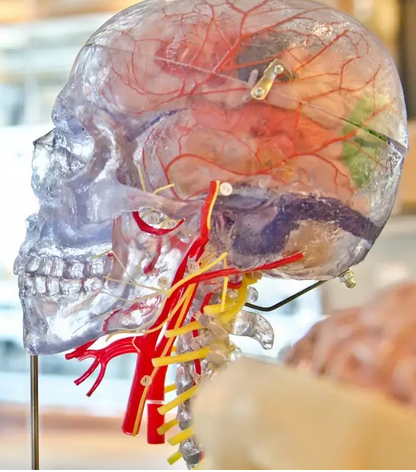Resetting the way we teach science is vital for all our futures
The pressures that individuals, organizations and societies face in this crisis are accelerating the Fourth Industrial Revolution, blurring the boundaries between the physical, digital and biological worlds.Are we encouraging students to think critically about how science, technology and innovation can help address – or aggravate – economic, geopolitical, environmental or societal challenges?
In many industries and countries, the most in-demand occupations or specialties did not exist 10 or even five years ago, and the pace of change is set to accelerate. Up to 65% of children entering school today will have a job that does not yet exist.
Education can no longer be about transferring explicit knowledge across generations. According to the OECD 2030 Future of Education and Skills Project: “We need to replace old education standards with an educational framework that combines knowledge with the 21st century skills of creativity, critical thinking, communication and collaboration.
